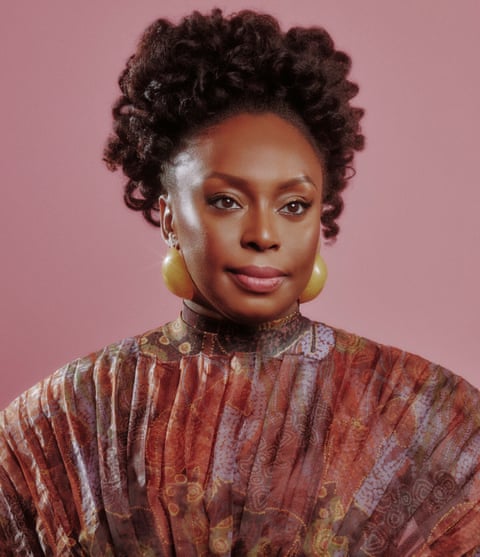Renowned Nigerian author Chimamanda Ngozi Adichie, celebrated for her novels Americanah and Half of a Yellow Sun, has recently shared profound insights into her personal and professional journey.
In a heartfelt conversation, Adichie delved into her experiences with cancel culture, the profound impact of personal loss, the joy of welcoming twin boys, and her triumphant return to fiction writing.
Confronting Cancel Culture
Adichie has been candid about her concerns regarding cancel culture, describing it as a “cannibalistic ethos” that “swiftly, gleefully, brutally eats its own.” She emphasizes the need to halt this trend, stating,
“Cancel culture is bad. We should stop it. End of story.”
Adichie advocates for open dialogue and understanding, urging society to move away from quick judgments and towards more compassionate conversations.
Navigating Personal Loss and Creative Silence
The sudden passing of both her parents in quick succession profoundly affected Adichie. This deep grief led to a prolonged period where she felt disconnected from her creative self. Reflecting on this time, she shared, “I had a number of years in which I was almost existentially frightened that I wouldn’t write again. It was unbearable.” Despite being able to produce non-fiction, her heart yearned for the imaginative realm of fiction, which remained elusive during this period.
The Joy of Motherhood
Amidst these challenges, Adichie experienced the profound joy of welcoming twin boys in 2024. Choosing to keep their birth private to protect her family’s privacy, she expressed,
“I want to protect my children. I’m OK with having them mentioned, but I don’t want the piece to become about them.”
Balancing motherhood with her writing endeavors has been both demanding and rewarding, adding a new dimension to her life and work.
Return to Fiction with ‘Dream Count’
After a decade-long hiatus from fiction, Adichie is set to release her new novel, Dream Count, on March 4, 2025. The narrative interweaves the lives of four women, exploring themes of identity, the immigrant experience, and societal pressures on women.
Reflecting on the writing process, she revealed, “Only when I was almost done did I realise, my God, it’s about my mother. It wasn’t intentional. I’m happy that it’s not a sad book. She wouldn’t want a sad book dedicated to her.” This work signifies not only a return to her creative passion but also serves as a tribute to her late mother.
Adichie’s journey underscores the resilience of the human spirit in the face of adversity. Through personal loss, public scrutiny, and the challenges of motherhood, she emerges with renewed creativity and a deeper understanding of herself and the world around her.



